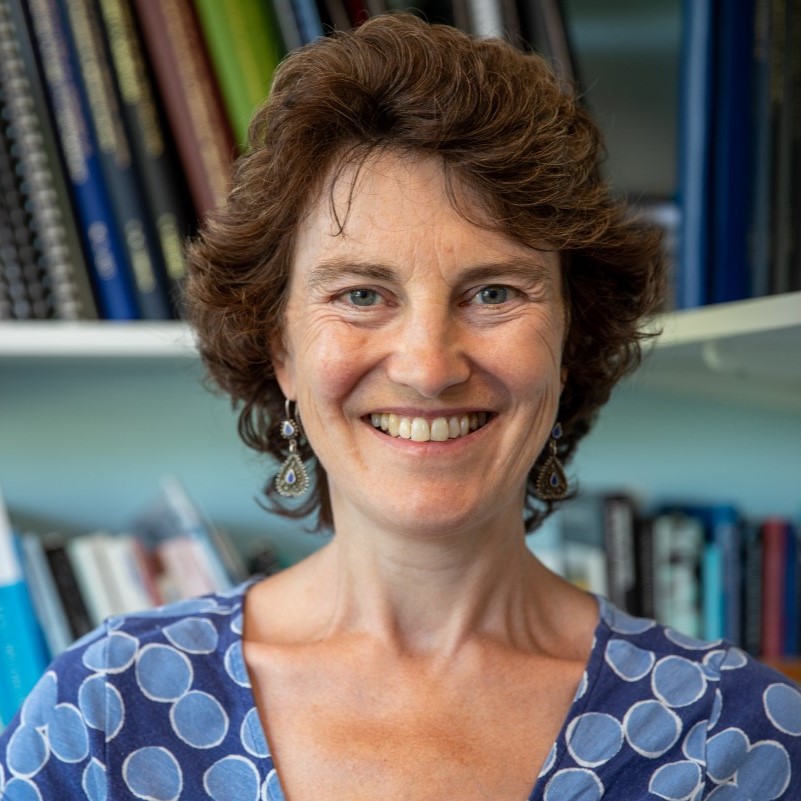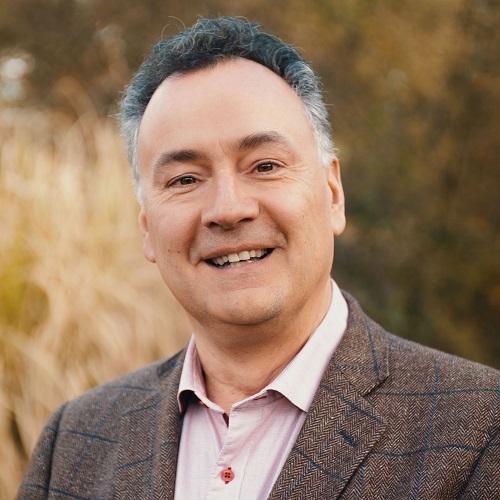
Professor Rebecca Fitzgerald and Professor George Malliaras who join a total of over 90 exceptional researchers from around the world elected as Fellows and Foreign Members of the Royal Society this year.
Recognised for their invaluable contributions to science, the elected Fellows are leaders in their fields.
Rebecca Fitzgerald OBE FMedSci FRS is Professor of Cancer Prevention and Director of the Early Cancer Institute at the University of Cambridge.
She has shown that Barrett's oesophagus is a necessary step for cancer development and has defined the alterations that demarcate the transition from benign to malignant transformation.
Notably Rebecca has applied these insights to develop a diagnostic test for Barrett's oesophagus, called Cytopsonge-TFF3, that she has taken from proof of concept through to clinical implementation. Cytopsonge-TFF3 is a first in class non-endoscopic approach to early diagnosis for patients with Barrett's and early stage OAC with applicability on a population scale.
George Malliaras FRS is Prince Philip Professor of Technology in the Department of Engineering at the University of Cambridge, and Director of the EPSRC Interdisciplinary Research Collaboration in Targeted Delivery for Hard-to-Treat Cancers.
This created a wide international research interest and provided new tools for interfacing electronics with soft biological systems. He pioneered the development and clinical translation of powerful organic microelectrodes for mapping brain activity with unprecedented resolution, and new approaches to targeted drug delivery to the brain that can be used to treat drug-resistant epilepsy.
Drawn from across academia, industry and wider society, the new intake spans disciplines as varied as pioneering treatments for Huntington’s Disease, developing the first algorithm for video streaming, generating new insights into memory formation, and studying the origins and evolution of our universe.
Sir Adrian Smith, President of the Royal Society, said: “I am pleased to welcome such an outstanding group into the Fellowship of the Royal Society.
“This new cohort have already made significant contributions to our understanding of the world around us and continue to push the boundaries of possibility in academic research and industry.

















